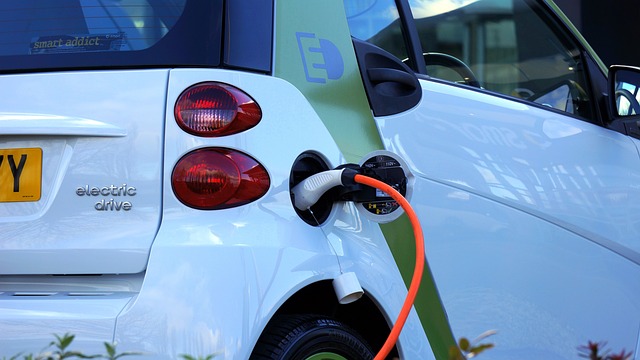Electric cars are a great way to reduce your emissions and contribute to a cleaner environment. They also provide a cleaner driving experience for you and others while positively impacting climate change.
EVs emit significantly less greenhouse gas over their lifetime than gasoline cars, even accounting for the energy required to manufacture them and their batteries. The impact is also much lower in countries that produce electricity from renewable sources.

1. Lower CO2 emissions
EVs are a great way to reduce CO2 emissions and other air pollutants. However, they have a slightly negative impact on the environment because their production is energy-intensive.
The electricity that’s used to charge electric vehicles comes from coal, natural gas and other fossil fuels. As a result, the carbon emissions produced from producing and recharging electric cars are significantly higher than those from gasoline-powered vehicles.
However, if the electricity sources are made cleaner over time, this will help to lower carbon emissions even more. The MIT study also looked at electric vehicle manufacturing and battery production, which accounts for a third of the total lifetime CO2 emissions from an electric car.
2. Less pollution
Electric cars do not burn petrol or diesel so there are no tailpipe emissions of harmful gases like carbon dioxide that add to global warming. Also, they can reduce fine particulates that can cause air pollution and contribute to respiratory problems.
Electric vehicles can also help reduce noise, especially in cities where driving at slow speeds is common. As a result, they can improve the quality of life in our towns and cities.
But the electricity that fuels these cars has to be generated somewhere, so even though they produce zero local emissions, they can still have a significant impact on upstream emissions from power generation. That’s where the EPA’s greenhouse gas emissions calculator comes in handy.
3. Less noise
Electric cars are much quieter than gas cars because they don’t have internal combustion engines. Instead, they use electricity and regenerative braking systems.
The resulting reduction in noise levels can make roads safer for people who use them. This can help reduce traffic accidents and improve public health.
However, EVs do produce some sound because they have to make motor noise to keep people safe. This can be a problem for blind people who rely on the sounds of approaching cars to determine whether or not they are safe to cross the street.
Despite the risk, many pedestrians and drivers do not consider EVs to be dangerous because of their low noise levels. This may be due to the fact that EVs are still new to the market.
4. Lower fuel costs
In many parts of the world, fuel costs for EVs are considerably lower than those of gas-powered cars. This makes them a more attractive option for drivers.
In addition to lower fuel costs, electric cars also require far less maintenance than their gas-powered counterparts. This includes things like spark plug replacements, oil changes and oxygen sensors.
Moreover, battery-electric vehicles are often cheaper to operate than their gas-powered counterparts due to a longer lifespan and fewer kilometres of driving each year. This means that they are likely to be even cheaper in the future.
In the meantime, the MIT study showed that EVs have a carbon-neutral effect on the environment when compared to gasoline cars and hybrids. The carbon emissions from the manufacture of their batteries were offset by their lifetime mileage.
5. Longer range
Electric vehicles have the potential to be a more environmentally friendly option than gasoline powered cars. They have lower CO2 emissions and less pollution than most new gasoline vehicles, resulting in a significant reduction in greenhouse gases.
As technology improves, electric cars are becoming longer-range. They can travel further on a single charge than their gas-powered counterparts, and some even offer features to recharge the battery pack while driving.
In addition to this, range extenders can be added to EVs to allow drivers to complete trips without having to find and charge a charging station.
With a few exceptions, most electric cars can cover a significant distance on a single charge. Some models even have a range indicator to help drivers determine how much charge they’ll need for the trip ahead.

Lynn covers artistic collaborations, curating stories that celebrate craftsmanship and design innovation.





